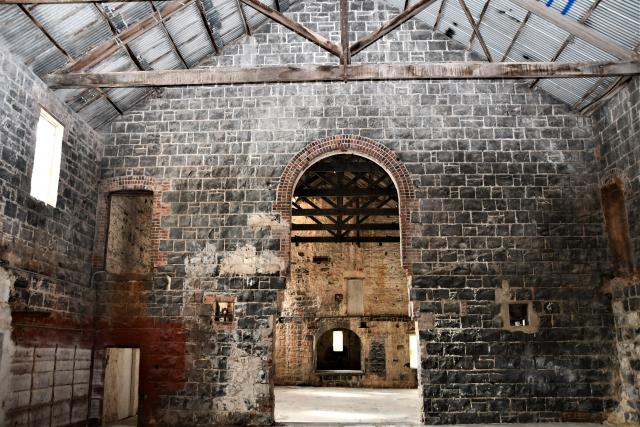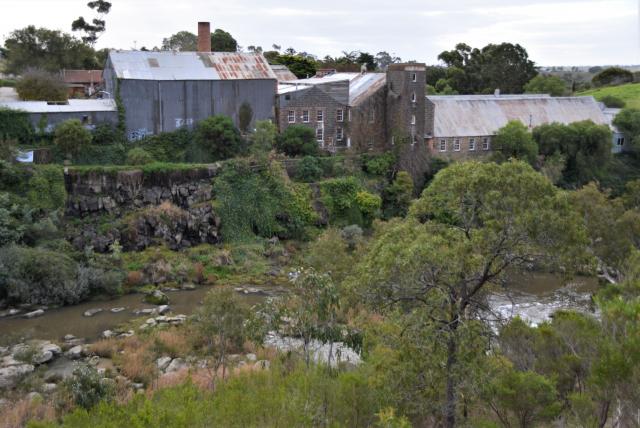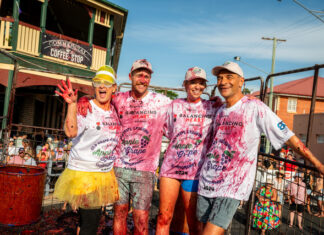The Rotary Club of Highton’s Fyansford Paper Mills heritage tours have proved wildly popular since opening to the public in December last year.
The tours initially ran on alternating Saturdays and Sundays but have since opened up for bookings mid-week as well.
The growing number of visitors to the mills has meant the club needs more volunteer tour guides and assistants, said Fyansford Paper Mills project committee member and Rotary Club of Highton membership director Stephen Bath.
“We’ve been sold out on weekends, so now we’re doing mid-week tours for groups on request,” Mr Bath said.
“We definitely do need some more tour guides. We’ve got a few people coming in, but we can always do with more people to help out.”
Mr Bath said the mills were an important part of Geelong’s past and visitors were amazed to hear the tales of what had gone on there over the past 145 years since the site’s construction.
“It’s the oldest surviving intact paper mill of its type in Australia, it’s quite a significant heritage piece,” he said.
“We didn’t want the history and the stories to just disappear as people pass on, and there’s always wonder and amazement at what happened at the mills.
“One thing people find amazing is its war history, which is sort of a secret thing we’ve tried to find a bit more about. The Royal Australian Navy took over the place and it was a sea mine factory during World War II.
“The Ford Motor Factory built the sea mines, pressed them in their steelworks, then brought them over to Fyansford where they were packed with over 300 kilos of explosives by a group of mainly women workers.”
Mr Bath said the committee intended to expand the project to include cultural aspects about the Wadawurrung connections along the river, repair and preserve the damaged weir that provide habitat for platypus and native fish populations and tie in with the upcoming Commonwealth Games.










